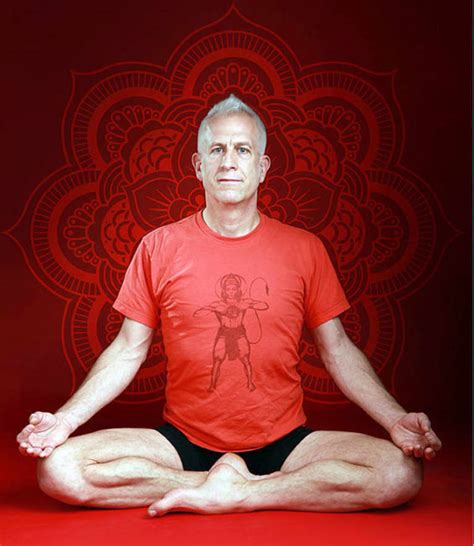A Quote by Richard Kent
Loving and appreciating each individual, including ourselves, as the showing forth of the One Creative Principle, takes a great deal of humility and this includes sharing.
Related Quotes
I concluded some time ago that a major part of success of a team, or of an individual, has a great deal to do with the intangible qualities possessed. The real key is in how a person see himself (humility), how he feels about what he does (passion), how he works with others (unity), how he makes others better (servanthood), and how he deals with frustration and success, truly learning from each situations (thankfulness). I believe those concepts are the essence of a good player, team, coach, or individual in any capacity in life.
In the loss of skill, we lose stewardship; in losing stewardship we lose fellowship; we become outcasts from the great neighborhood of Creation. It is possible - as our experience in this good land shows - to exile ourselves from Creation, and to ally ourselves with the principle of destruction - which is, ultimately, the principle of nonentity. It is to be willing in general for being to not-be. And once we have allied ourselves with that principle, we are foolish to think that we can control the results. (pg. 303, The Gift of Good Land)
Pride is the switch that turns off priesthood power. Humility is a switch that turns it on . . . . Some suppose that humility is about beating ourselves up. Humility does not mean convincing ourselves that we are worthless, meaningless, or of little value. Nor does it mean denying or withholding the talents God has given us. We don't discover humility by thinking less of ourselves; we discover humility by thinking less about ourselves. It comes as we go about our work with an attitude of serving God and our fellowman.
Be a giver. Share whatsoever you can. And remember, I am not making any distinction between. small things and great things. If you can smile whole-heartedly, hold somebody's hand and smile, then it is a creative act, a great creative act. Just embrace somebody to your heart and you are creative. Just look with loving eyes at somebody; just a loving look can change the whole world of a person.
The principle itself of dogmatic religion, dogmatic morality, dogmatic philosophy, is what requires to be rooted out; not any particular manifestation of that principle. The very corner-stone of an education intended to form great minds, must be the recognition of the principle, that the object is to call forth the greatest possible quantity of intellectual power, and to inspire the intensest love of truth.
If we took just 5 minutes to recognize each other's beauty, instead of attacking each other for our differences. That's not hard. It's really an easier and better way to live. And ultimately, it saves lives. Then again, it's not easy at all. It can be the hardest thing, because loving other people starts with loving ourselves and accepting ourselves. I know many of you have struggled with this. I draw upon your strength and your support, and have, in ways you will never know.
Most of the scientists I have known well have felt - just as deeply as the non-scientists I have known well - that the individual condition of each is tragic. Each of us is alone: sometimes we escape from solitariness, through love or affection or perhaps creative moments, but those triumphs of life are pools of light we make for ourselves while the edge of the road is black: each of us dies alone.






































